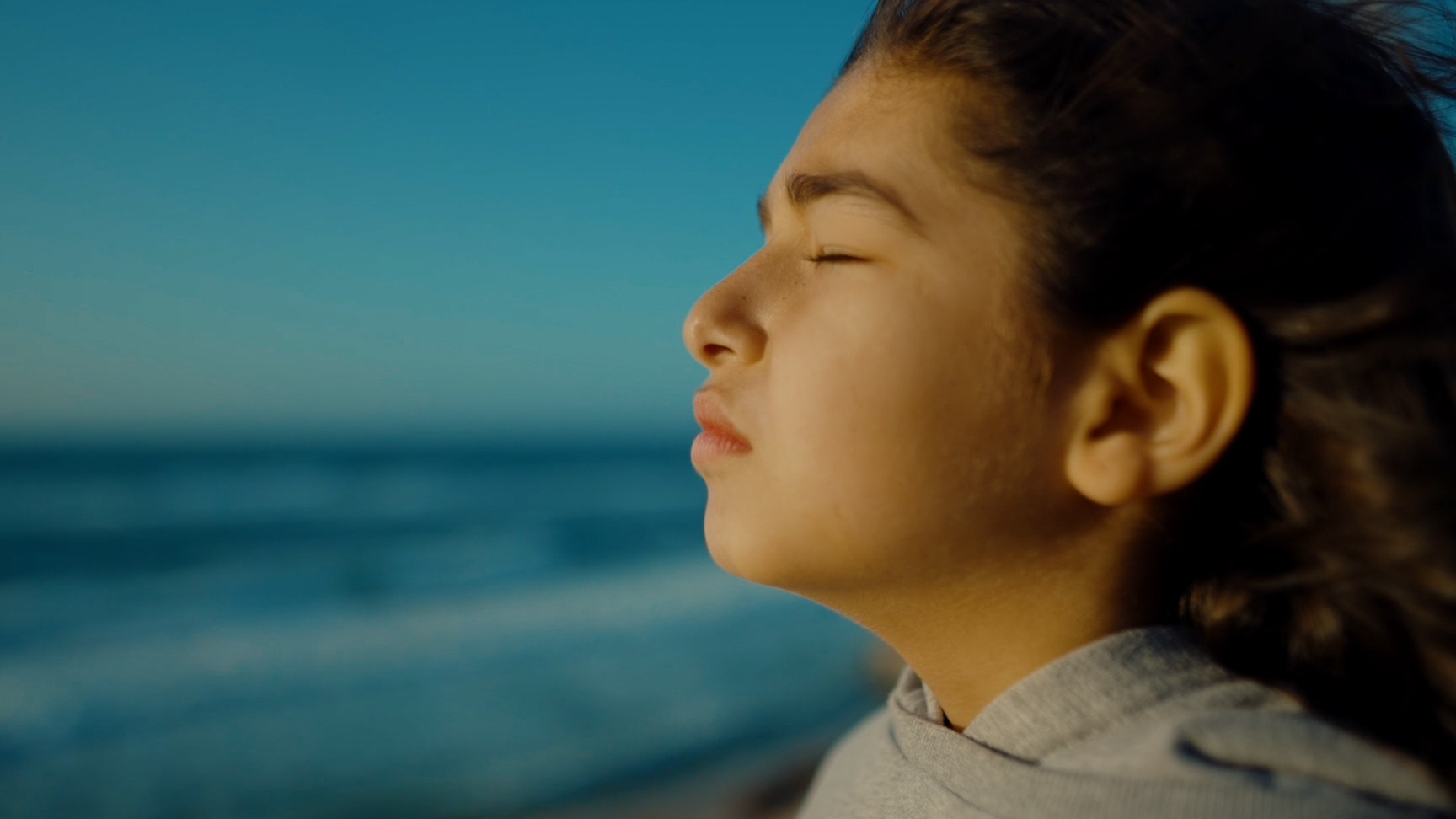

Made up of 22 short films documenting daily life in Gaza, From Ground Zero has hopes to be Palestine’s first entry to the Academy Awards. Haaniyah Awale Angus speaks to its producer, the legendary Palestinian filmmaker Rashid Masharawi.
Shot across nine months (2023-2024) of bombing raids, growing instability, lack of access to food, electricity and wifi, From Ground Zero brings you into the beating heart of Gaza during the early moments of what is now being recognised as a genocide against the people of the Gaza Strip. The film opts away from a journalistic point of view on the unfolding horror; it instead asks us to view the people of Gaza and their experiences through the lens of cinema. What happens when you ask twenty-two filmmakers and artists with such varying backgrounds to show the world their day-to-day experiences during war? Does it look as we’d imagine, or can cinema allow for more than just violent, but necessary imagery? The snapshot films last between three and six minutes each, being short yet leaving an impact that prevails for hours after the film is finished. There is incredible diversity in the types of stories told, the people behind the camera, and their own varying experiences within the same land they inhabit. Produced by legendary Palestinian filmmaker Rashid Masharawi (Haifa & Curfew). In 1996, Masharawi founded the Cinema Production and Distribution Centre (CPC) in Ramallah, providing Palestinian filmmakers with support and education to advance their careers. The film was also executive-produced by two-time Oscar winner Michael Moore (Bowling for Columbine).
From Ground Zero brings together black comedy, drama, fiction, animation, and slice-of-life stories, among other artistic interpretations of what war can look like. Initially released in 2024, to a successful festival run, including TIFF, From Ground Zero was removed from the 2024 Cannes lineup after being accepted due to ‘political reasons’. While public reaction to the events in Gaza seemed to be behind ending the ongoing atrocities, media reaction, including that of the film industry, has been slow and unsteady. It has taken almost two years for there to be real pushback and acceptance that inflicting a siege on a civilian population is an unspeakable and immoral offence. In 2025, From Ground Zero hopes to be Palestine’s first entry to the Academy Awards, and more than anything, a reminder that even in the midst of such chaos, the voices of the Palestinian people ring clear.
A Rabbit’s Foot spoke to producer Rashid Masharawi on the process of making From Ground Zero, Cannes and what’s next for Palestinian cinema.
Haaniyah Awale Angus: First of all, I wanted to start by asking, how are you feeling at this current moment?
Rashid Masharawi: I’m fine, all things considered. I’ve been following what’s going on here in Gaza because for me it’s not that I’m only a filmmaker from Gaza who makes films about Gaza, it’s so much more than that. Gaza is family, my memories. Gaza is my friends, my fellow filmmakers, and we aren’t in a good place.
HAA: Of course. You’re a filmmaker who has spent considerable time making films about Gaza and pouring into the Gazan filmmaking scene, including the Mashawari Fund for Cinema, which you founded in 2023. What was it about filmmaking in particular that felt important to conserve for those in Gaza during this time?
RM: There are so many elements as to why. I mean, it even starts from the fact that I’ve had those filmmaker and artist friends in Gaza before this war began. There is so much theatre, music, writing, painting and more within the region. For this specific project, From Ground Zero, I was grateful that they helped me propose ideas and filmmakers to work with and promote it on social media.
HAA: Can you describe the process of contacting filmmakers on the ground in Gaza?
RM: My team and I had several advisors to select the ideas and the directors, which was really the easiest part, because we were given so many stories and so many ideas due to the catastrophe at hand. The issue was our ability to encourage these filmmakers to go and shoot and make films. For them to think about cinema, art, and filmmaking instead of reporting or documenting. This was difficult because that wasn’t a priority for them; the priority was staying alive. They needed to stay safe, search for food and wood, make a fire, all while capturing these films.
HAA: While watching the film, a question that circled my mind was how you managed to get people to film themselves without that documentarian lens, which is quite remarkable considering their day-to-day experience amidst what is frankly a genocide. But for your post-production, what was the approach of receiving and then editing the film? All the films are shot on different cameras and phones with varying quality. Not to mention the different aspect ratios and stylistic choices. Was that difficult for your team?
RM: It was because even as a director and producer myself, with all of the shorts, documentaries and feature films I’ve worked on, I have never produced or made films in such a difficult situation. However, I had a clear concept for the film: I wanted to explore the personal, untold stories of those in Gaza. I also wanted to see if, despite the difficulties of war and the lack of equipment and professionalism, cinema would still be possible. One of the largest issues we faced was the lack of communication due to the power outages. When you don’t have electricity, you can’t charge mobile phones, cameras, or laptops. You couldn’t access the internet, which meant we had to wait days on end to contact the filmmakers. This meant working three to four days straight, regardless of the time, so that they could reach out to us. We had a process of exchanging ideas and sending back material for them, so the editing could be seamless. It wasn’t only difficult, but also dangerous, because areas with internet access are also hotspots for attacks. Even though this wasn’t journalistic work, the filmmakers found themselves broadcasting their live experiences to us throughout the post, keeping their stories alive over laptops and phones.
HAA: That concept reminds me of the first short in the film, Reema Mahmoud’s Selfies. Towards the end, she mentions the concept of electronic memory, which is the only means by which she and the people of Gaza can communicate with others.
RM: With Reema, when she began filming Selfies, nobody was sure that she was going to make it at the time, so this film was a window to share her story for people outside of Gaza. I should also mention that two weeks ago, her house was bombed; thankfully, she wasn’t there and her family was out, but it speaks to how uncertain everything is. Nothing was planned out as you usually do with films, because we aren’t sure how long this war will last. Initially, we thought it would last two to three months, and it would be tough, long, tiring, and bloody. Today we are talking about 700 days, exactly 700 days as we speak. So, nothing was really planned with a clear vision.
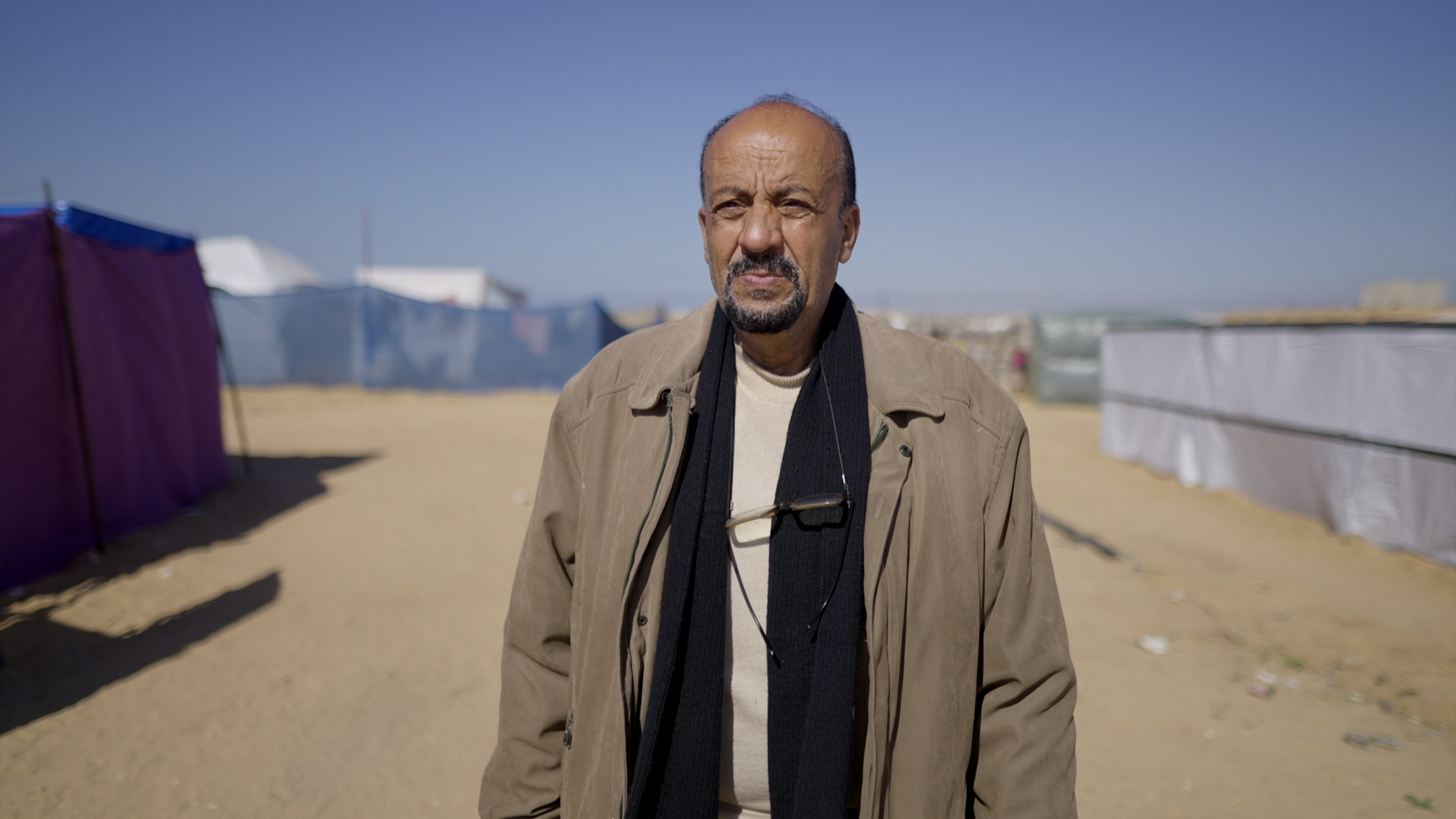
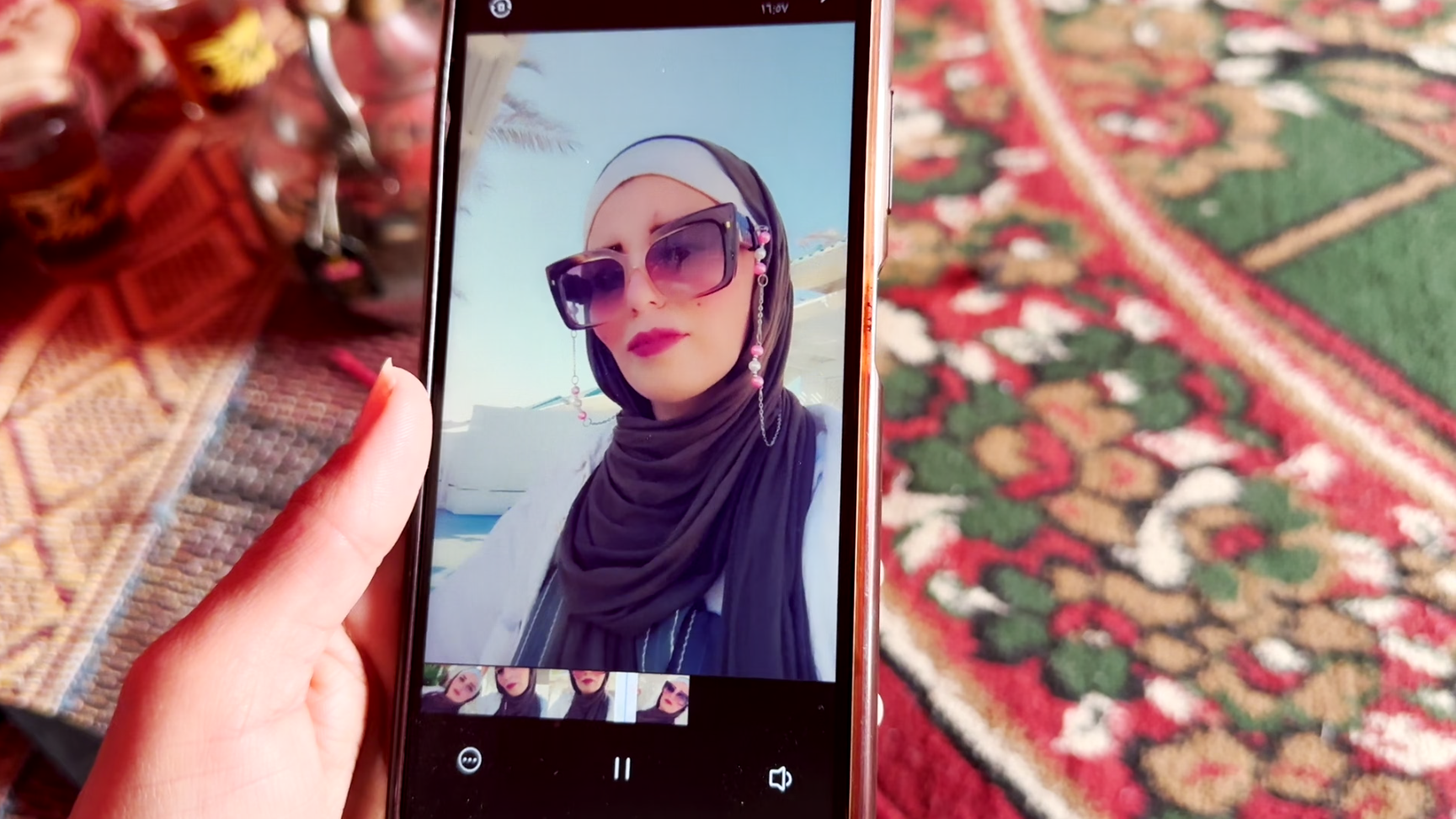
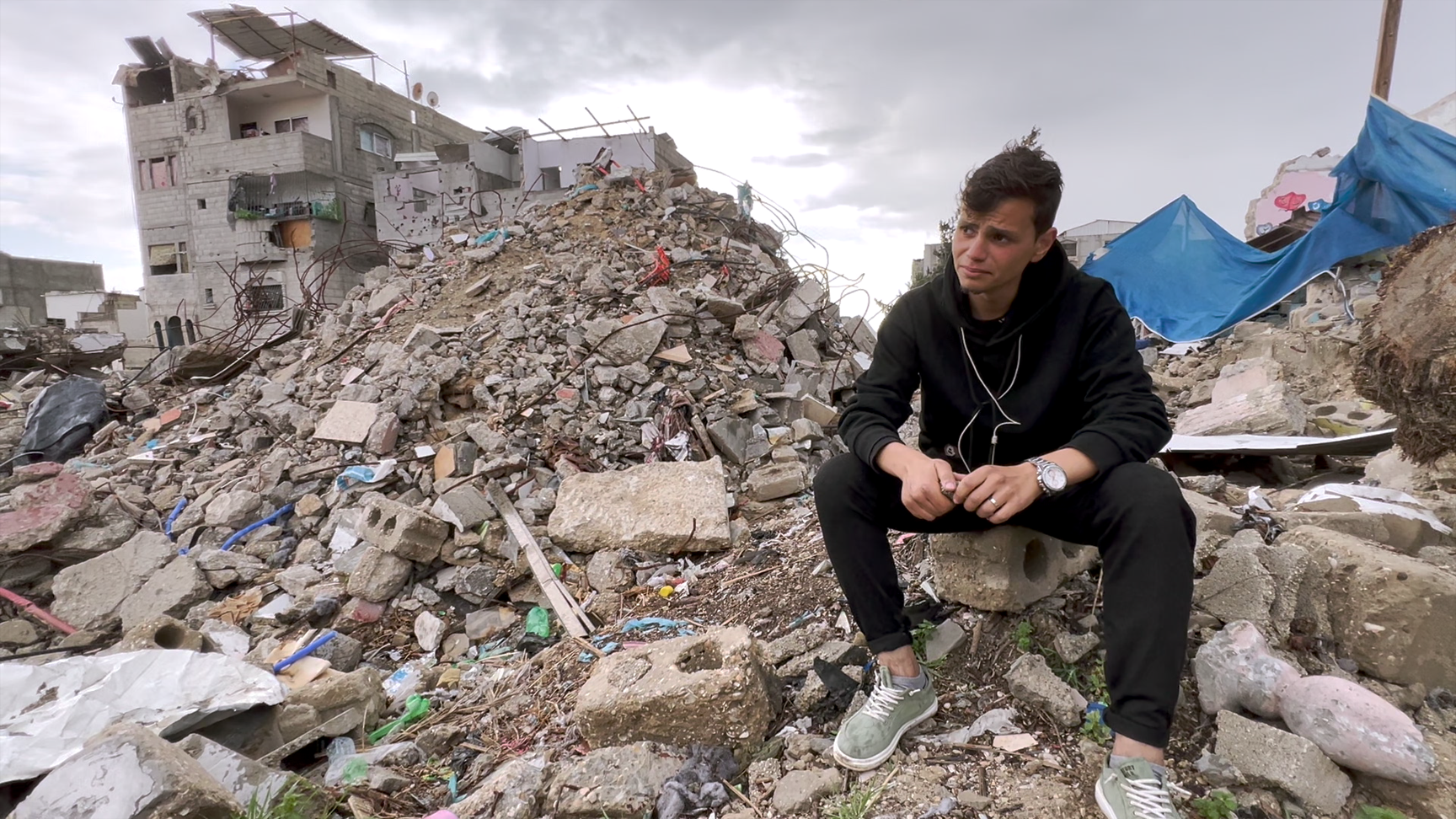
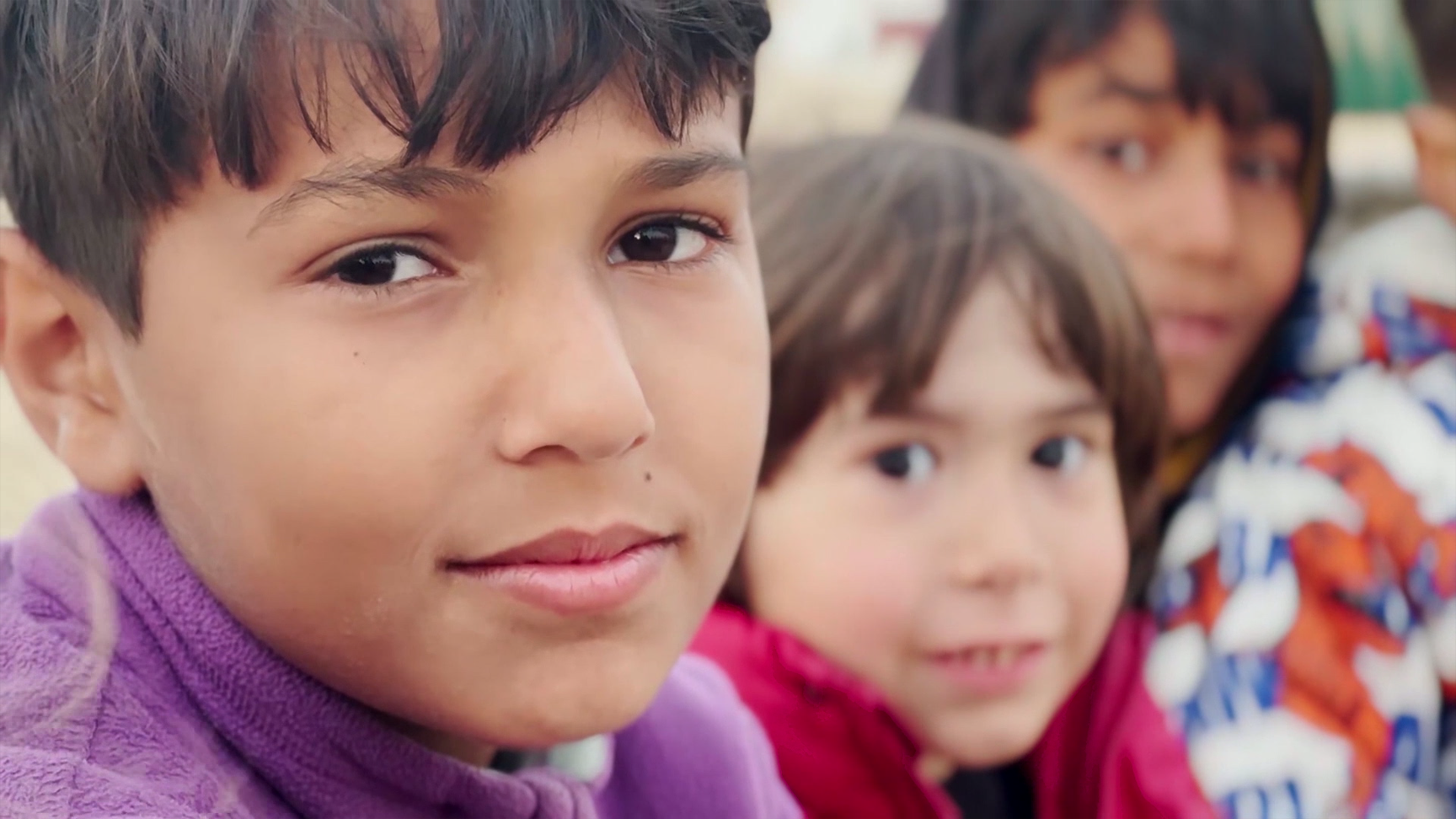
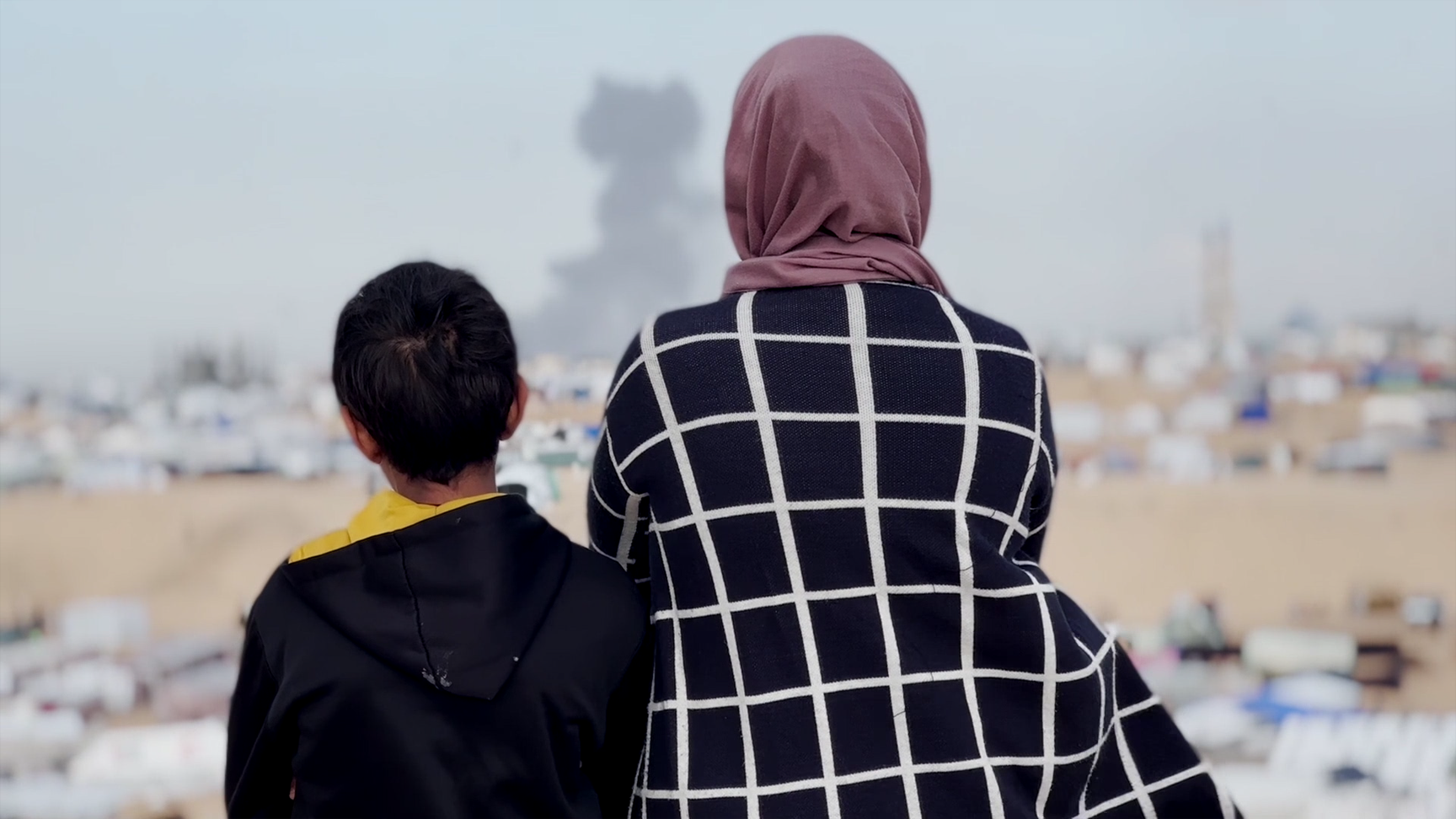
HAA: I wanted to ask, as a filmmaker, what it has been like to see the increasing use of social media as a look into what’s happening? People are relying on TikTok and Twitter feeds instead of news outlets to bring stories like this into the wider consciousness.
RM: Yes, it helps. All of the social media posts and communication means we’re in contact with everyone. It also means we can share the information. This morning, for example, I had people use their cameras to help me look at my family’s house or what’s outside the house in Gaza. I got to see what’s going on in the street over there. However, on the one hand, while the support makes everyone aware and engaged, it also shows us that, despite all this technology, nothing has changed. It means that on the ground, the situation worsens every day, even with the whole world watching.
HAA: I’m not sure if you saw what happened in Venice earlier this week, where The Voice of Hind Rajab was screened and had a twenty-three-minute-long applause. A lot of the consensus was that the fact that a film about a young Palestinian girl was screened at all is incredible, but the festival itself has never really made any direct statements about Palestine. It’s a complex question I’m asking here due to the politics of the industry, but how do we reckon with what some have called the performative aspects of solidarity, while nothing’s happening on the ground or changing for the people in the streets of Gaza?
RM: This is why sometimes I find myself disappointed and can feel like we are dancing in the dark. I’m friends with Kaouther Ben Hania, the director, and I’ve been following this project since its inception. I believe that cinema can do a great deal and amplify voices. I believe in the role of cinema and media in raising awareness, but we are now in the second year of this war. As time passes, we get more and more solidarity, but what changes? Just an hour ago, I was told a building was bombed. Thirteen floors. I’m glad people are showing solidarity, and we want that. We appreciate all the demonstrations, but we need things to happen on the ground, and nothing has happened yet. Sometimes I can’t understand how the world hasn’t stopped this genocide. I don’t understand what else we need to do or show them to make a change?
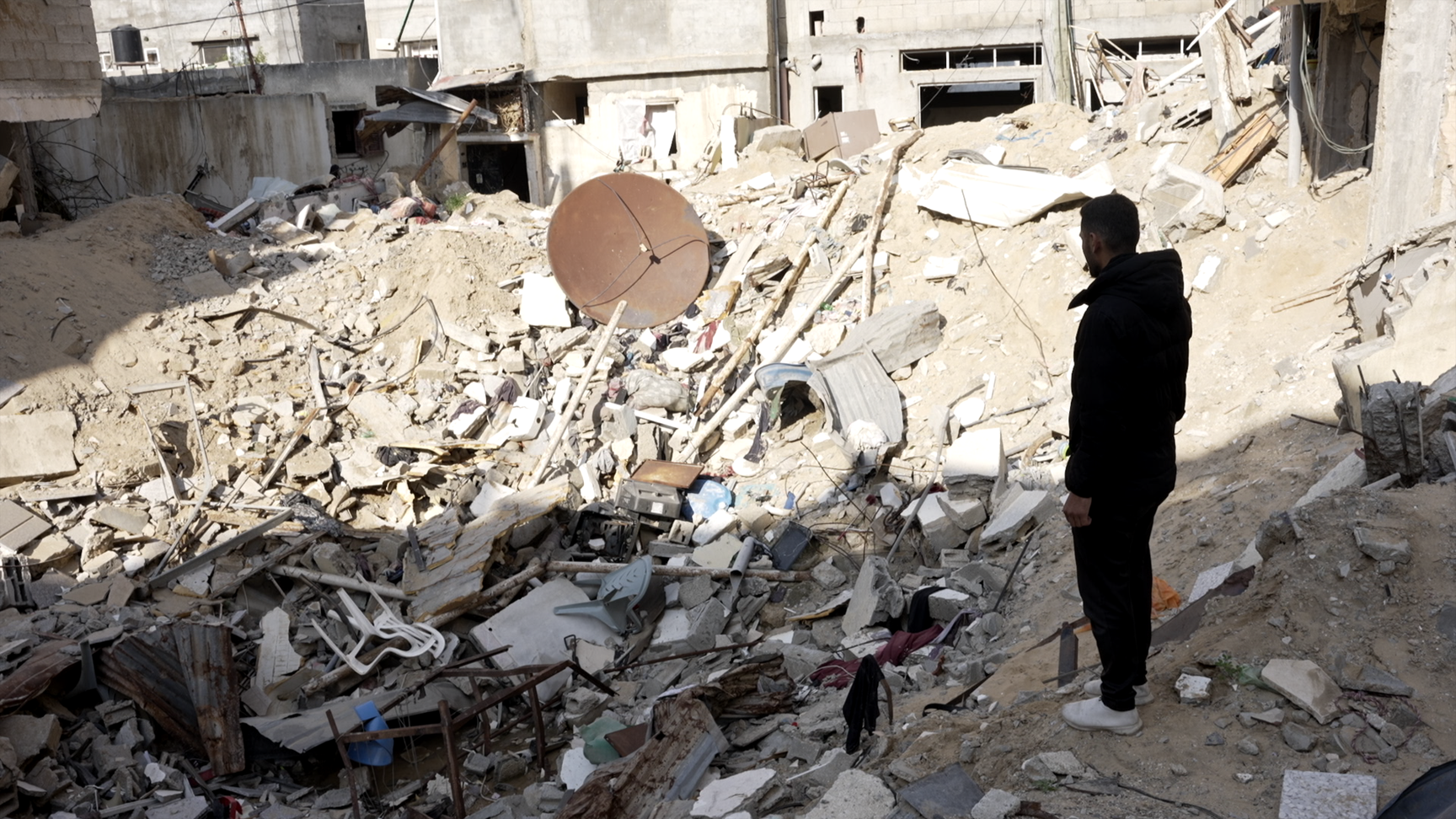
A still from From Ground Zero
HAA: In a way, Venice mirrors what happened last year at Cannes, where your screenings of From Ground Zero were pulled due to political reasons. In 1996, you premiered Haifa and also attended the Cannes Film Festival for years afterwards. What was it like coming back to the festival to such harsh backlash?
RM: It goes back even further because in 1994, I had a film called Curfew, which won the Unesco Film Award. My reaction to Cannes pulling our film last year was disappointment because I believe the festival didn’t do its job correctly. Film festivals must respond to the events of daily life. Film represents what happens around us, and I honestly feel sorry for Cannes for betraying itself. However, we didn’t let this stop us because if they didn’t want to acknowledge Gaza, we decided to bring Gaza to Cannes. Our production team built tents like the ones currently in Gaza, we brought directors to speak, and we screened the film, as well as holding our own press conferences. We created our own Gaza film festival within Cannes, which differs from this year’s event, where Cannes was more open to discussions around the topic, but it doesn’t erase what happened last year.
HAA: Keeping Gazan film alive in this way in the midst of what was clearly erasure in real time is incredibly difficult. I think of another short in the film titled Sorry Cinema, which is going to stay with me for a while. In it, the director, Ahmed Hassouna, apologises to cinema itself that he has to abandon it. He breaks his clapperboard in order to make it into firewood. That one shot summed up everything: someone’s passion and what drives them has to be set aside for survival. What are your hopes for the future of Palestinian cinema?
RM: Ahmed is actually making a new film with me right as we speak. The same goes for Reema—she just finished her second film, which is twenty minutes long. Another filmmaker and comedian we have worked with, Nidal Damo (“Everything Is Fine”), is currently working on a film with us called Unfinished Stories. It’s dedicated to his twenty-two-year-old son he lost two months ago. His son was going to bring food from the donations and was killed. Nidal asked him not to go, but his son went anyway because their family was starving. Nadal came to me with the idea of incorporating his son’s memory into the documentary, with the message being one of hope and life. This is what I mean by we should keep going. We should keep working. We don’t want to let the Israeli occupation occupy everything about us. This did not start on the 7th of October; we’re seventy-eight years into occupation, and I don’t want all Palestinian films to be just a reaction to what’s going on. I also want the films to be active, because we have our own history, we have our culture, our identity, and we have our art. With From Ground Zero, you get to see Palestinian theatre, dancers, musicians, painters, and so much more. If you create artistic work from Palestinian culture, the cinema, and films will remain and be shown. We need journalism for factual reporting, but the essence of art also needs to survive.
HAA: It would be amiss not to mention the recent deaths of journalists such as Anas al-Sharif, Mohammad Salama and Mariam Abu Daqqa. As time passes in Gaza, we have seen that those same people who have been at the frontlines documenting the atrocities have been targeted by the IOF. It seems like an obvious observation, but as more journalists, filmmakers, content creators, and others are targeted, there’s a growing fear that the world is now being shut out from witnessing what happens on the ground. How do we keep Gaza in our memories and current thoughts when footage of current events is stricken from the record?
RM: You know, I’m an optimistic person, and I believe we should always work for tomorrow. I believe there is no occupation forever. There is no war forever. So we have to add hope. We have to support the people. We have to think about tomorrow with what remains of the city Gaza Strip, or from the people we have left. Currently, I am planning to establish a film school in Gaza, so we need this hope. If not, why would we do anything at all? Why wake up tomorrow morning and to shoot, to edit, to do things? I think it’s very important to maintain this parallel between what’s going on and the belief that good days are coming, and that this will end one day. We will do the best for our Palestinian life or Gazan life. We have the strength to keep going. We’ll keep making films. We love cinema. We were filmmakers before the Israeli occupation; this is what we’ve chosen for our lives—to make films and create cinema, because this is what we do best. We will keep going.
From Ground Zero is out in UK cinemas now. To find your local screening, visit cosmiccatfilms.com





